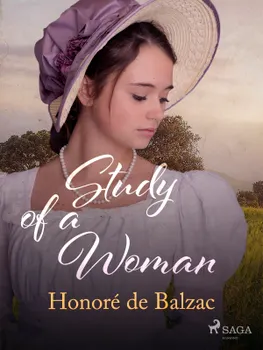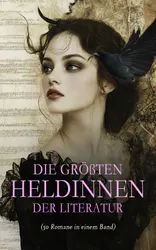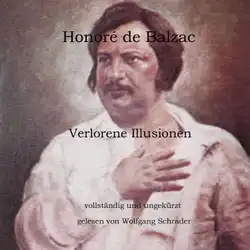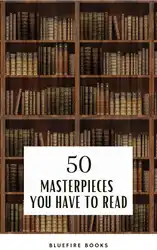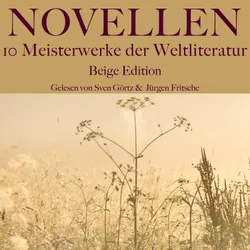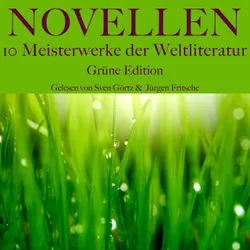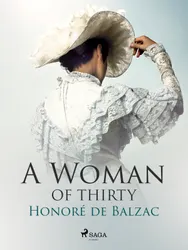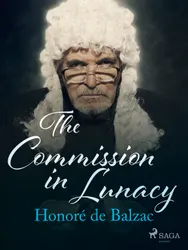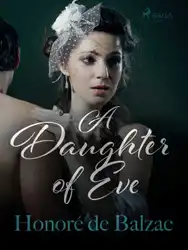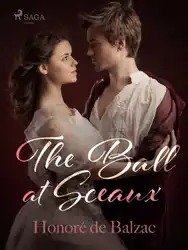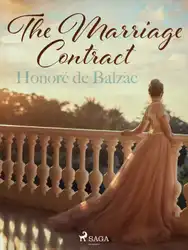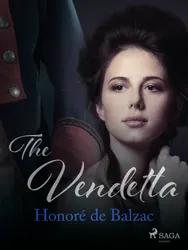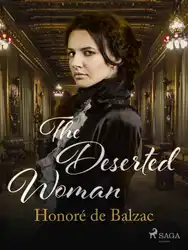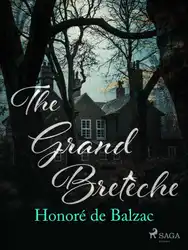You know that feeling when you have just sent a text or an email to the wrong person? Well, in the 19th century the equivalent was a wrongly-directed letter - and there is no 'delete' button for pen and paper.
The faux pas happens after Eugene de Rastignac briefly meets married society woman Madame de Listomere at a soiree. The following day, Rastignac writes a love letter to his sweetheart - but accidentally sends it to Mme Listomere!
Beneath the surface, souls are searched. Was it really an accident or was it subconscious desire? Was Mme Listomere actually pleased to receive the letter?
Balzac skillfully shows the strong emotional currents that pull beneath the calm surface of society.
Fans of Jane Austen's novels, including 'Pride and Prejudice' and 'Sense and Sensibility' will love this.
Honoré de Balzac (1799-1850) was a French novelist and playwright, most famous for a sequence of novels, collectively called 'The Human Comedy'. His signature style was a warts-and-all representation of post-Napoleonic French life, rich in detail and featuring complex, unfiltered characters.
The style means Balzac is regarded as one of the pioneers of European literary realism. He is named as an influence on writers including Emile Zola, Henry James, Charles Dickens, and Gustave Flaubert.
The first novel he published under his own name was 'Les Chouans' in 1829. In 1834 he hit upon the idea of grouping his novels together to record all of society. The result, over a period of years, was 'The Human Comedy', which comprised three categories: 'Analytic Studies'; 'Philosophical Studies'; 'Studies of Manners'.
